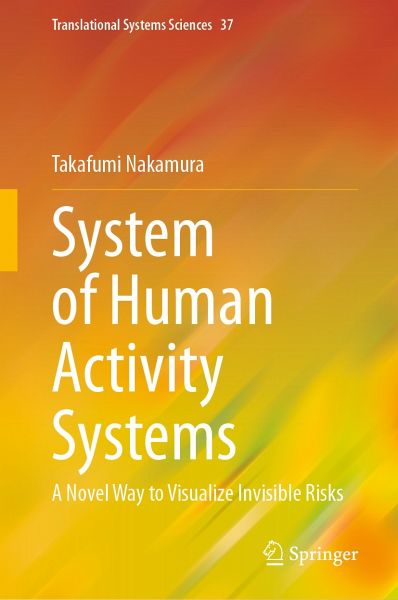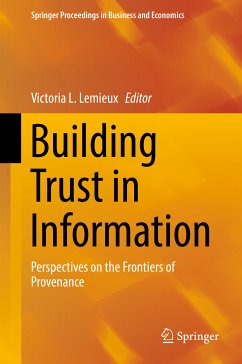
System of Human Activity Systems (eBook, PDF)
A Novel Way to Visualize Invisible Risks
Versandkostenfrei!
Sofort per Download lieferbar
112,95 €
inkl. MwSt.
Weitere Ausgaben:

PAYBACK Punkte
56 °P sammeln!
This book has unique features that set it apart from conventional books on the prevention of system failures in that it provides a method that views human activities from a meta-methodological perspective based upon an inter-disciplinary understanding of human activities. With these characteristics, the book also proposes a common methodological basis to apply to various problems surrounding society today such as an aging social infrastructure; the safety of food, medicine, and public transportation; and the creation of sustainable electricity and cybersecurity. Furthermore, since the failure ...
This book has unique features that set it apart from conventional books on the prevention of system failures in that it provides a method that views human activities from a meta-methodological perspective based upon an inter-disciplinary understanding of human activities. With these characteristics, the book also proposes a common methodological basis to apply to various problems surrounding society today such as an aging social infrastructure; the safety of food, medicine, and public transportation; and the creation of sustainable electricity and cybersecurity. Furthermore, since the failure of human activities is expressed in a three-dimensional space and the topological metrics are implemented, the failure trajectories can be quantitatively monitored in time series to take effective preventive measures. Considering the implementation of the topological metrics, the causes of each failure are classified into two dimensions of the degree of coupling between system elements and theinteraction between the target system and the external environment. Owing to the nature of the introduction of topological metrics, all individual and diverse systems can share general topological metrics. Consequently, understanding various failures over cross-industries is possible with the use of common meta-systemic language and mutual learning between different industries, and the solution of social problems can be effectively achieved. A system of system failures (SOSF) proposed and confirmed the effectiveness of this meta-methodology for information and communication technologies (ICT) systems and the SOSF is extended to human activity systems (SOHAS: system of human activity systems) as a whole. Therefore, the SOHAS becomes an academic foundation for theoretical research on meta-methodology, and it has an impact on practitioners to prevent system failures by accumulating knowledge of failures and learning from other industries.
Dieser Download kann aus rechtlichen Gründen nur mit Rechnungsadresse in A, B, BG, CY, CZ, D, DK, EW, E, FIN, F, GR, HR, H, IRL, I, LT, L, LR, M, NL, PL, P, R, S, SLO, SK ausgeliefert werden.












